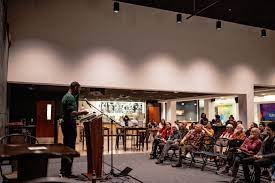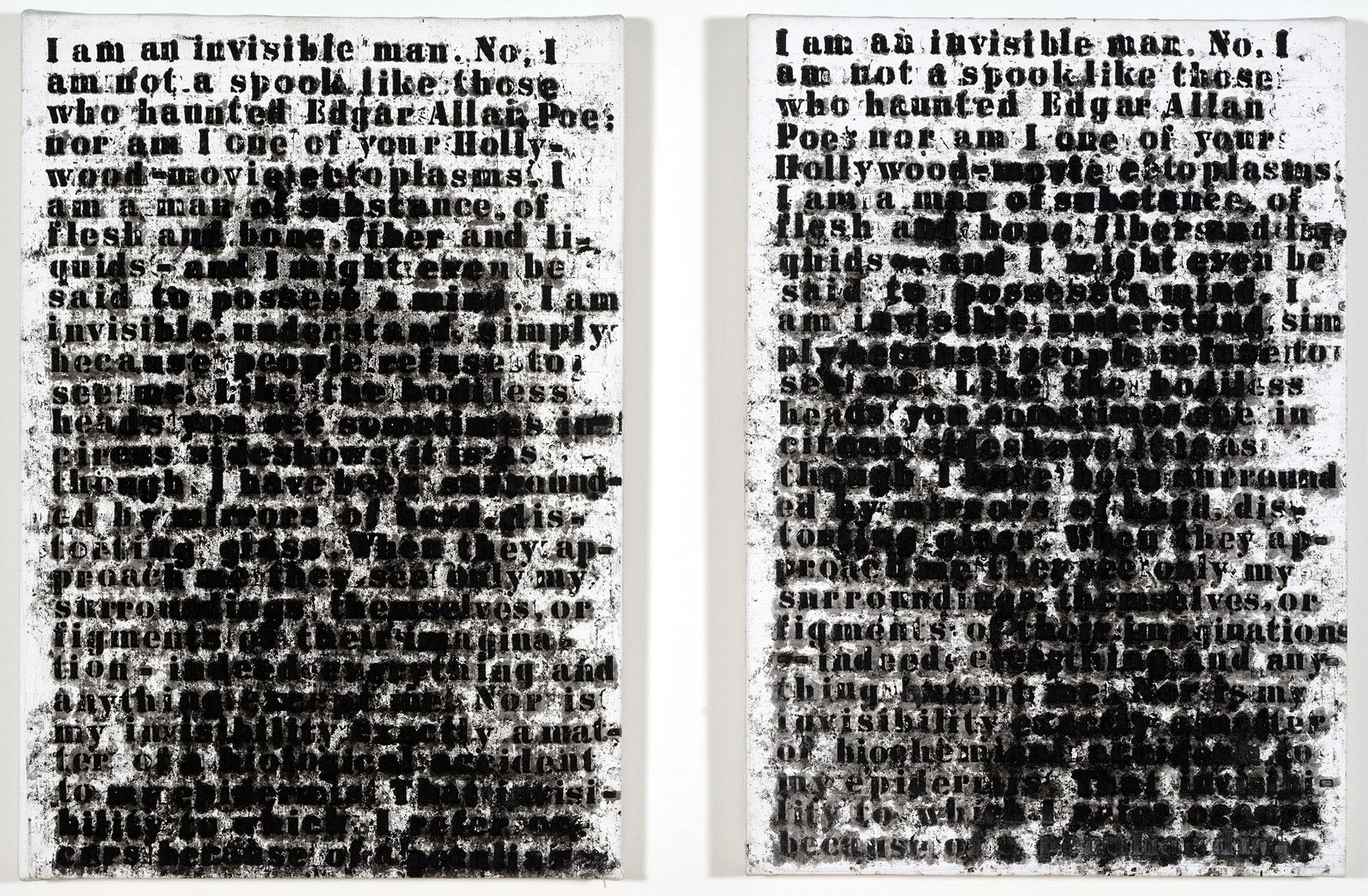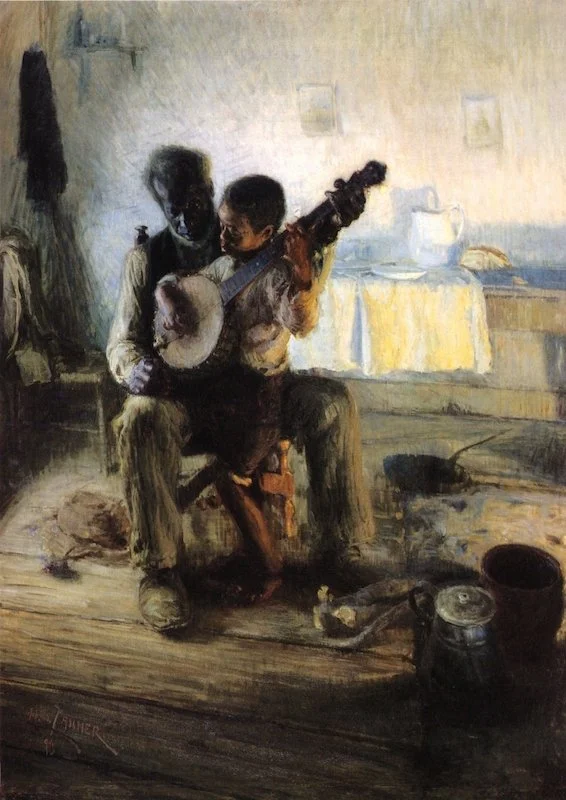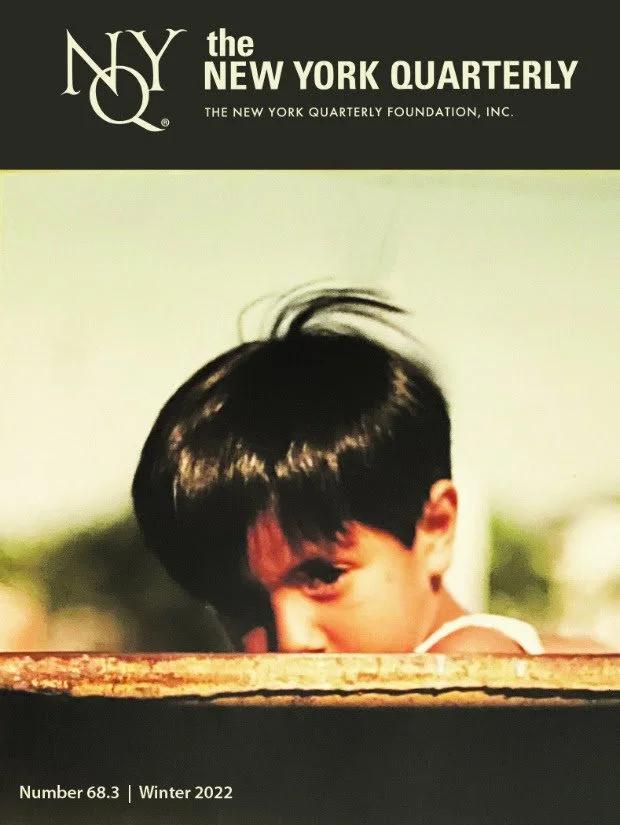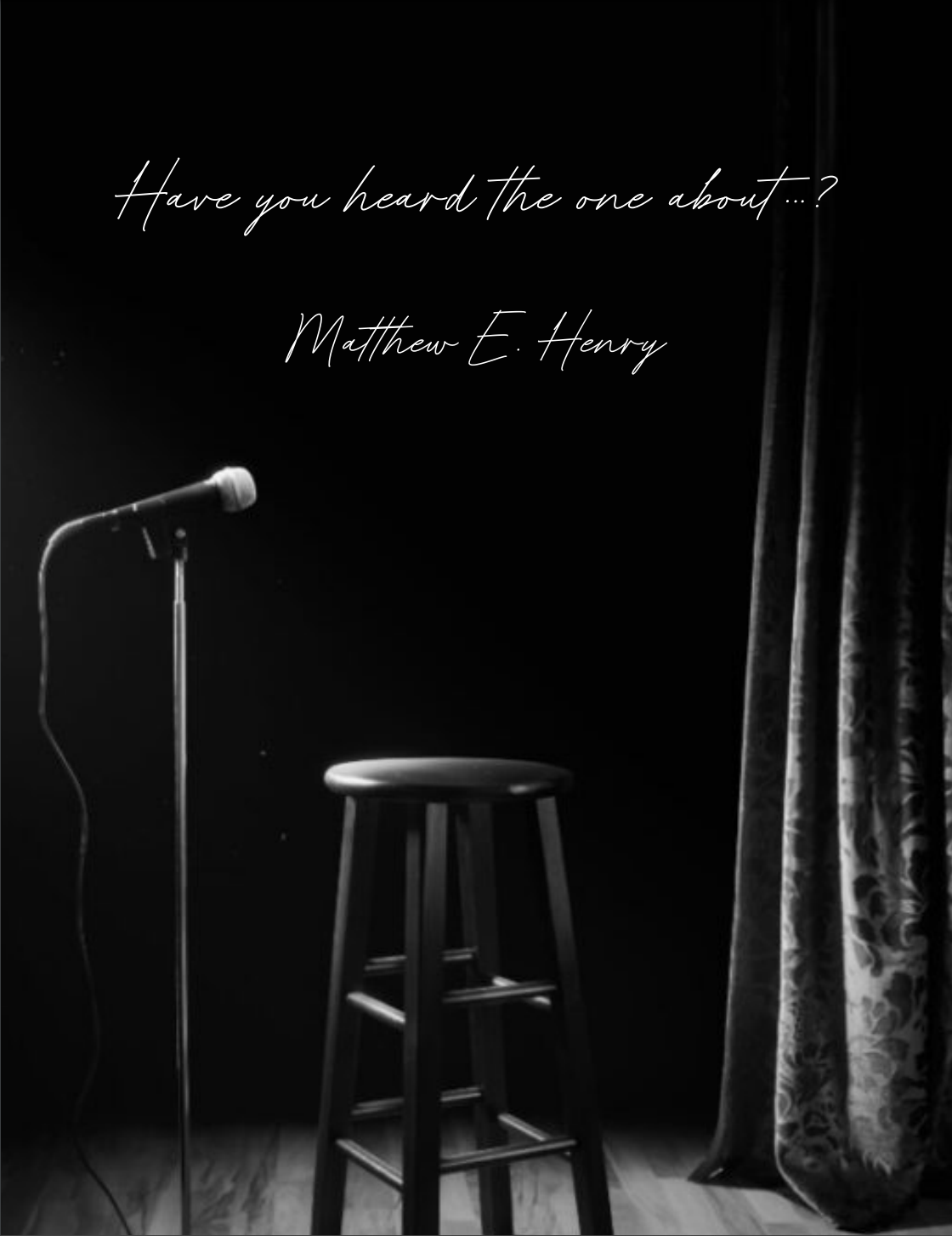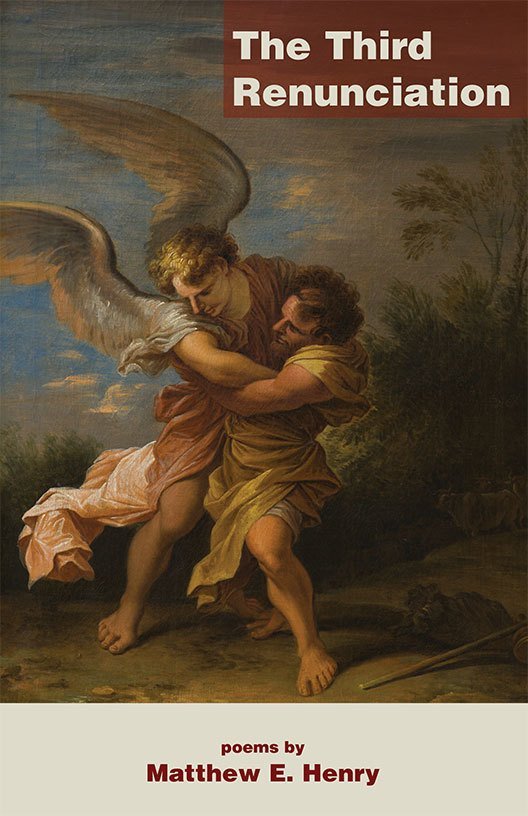I am working on a series of poems I am calling midrash qatan, or “a little story/exposition.” They are expositions, retellings, and reimagings of stories from the Hebrew Bible and Christian New Testament. The name pays homage to Rabbinic genre of Midrash Rabbah (“a great midrash”).
Two of these poems have just been published in Vita Poetica Journal:
“found” (a midrash qatan on Luke 15)
and
“subtlety: an assay” (a midrash qatan on Genesis 3)
Both pages include an audio recording of me reading these poems.
